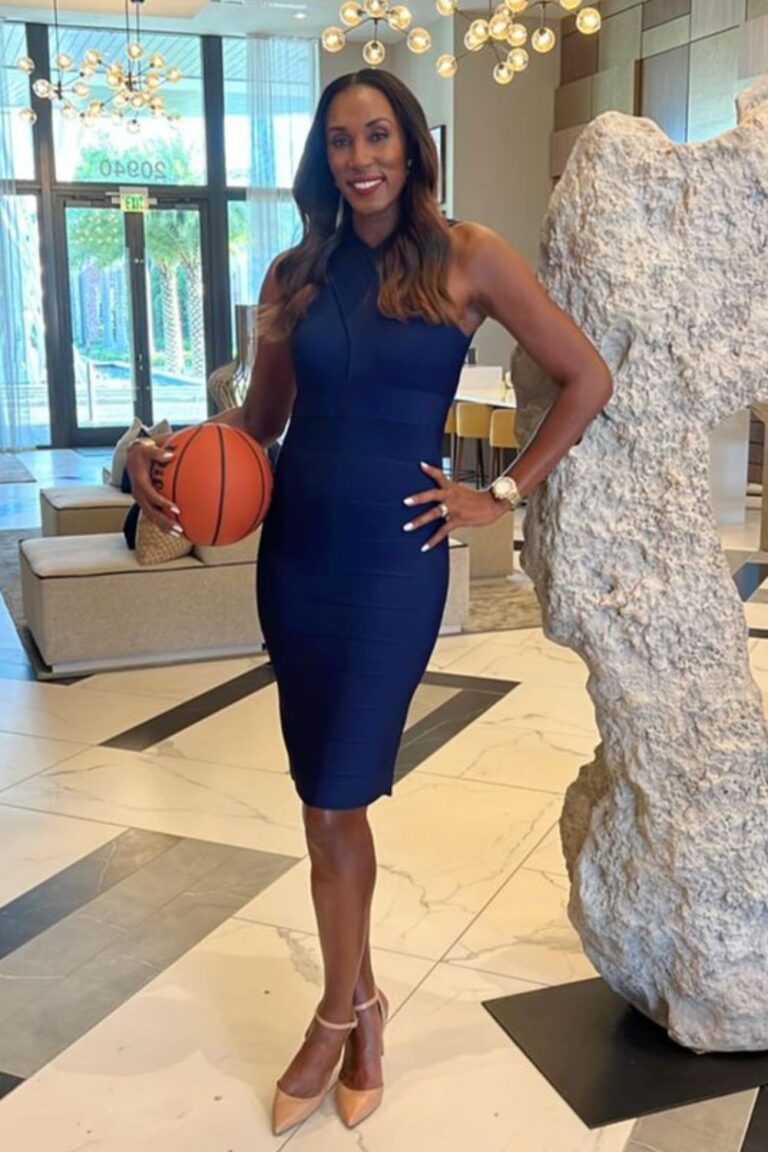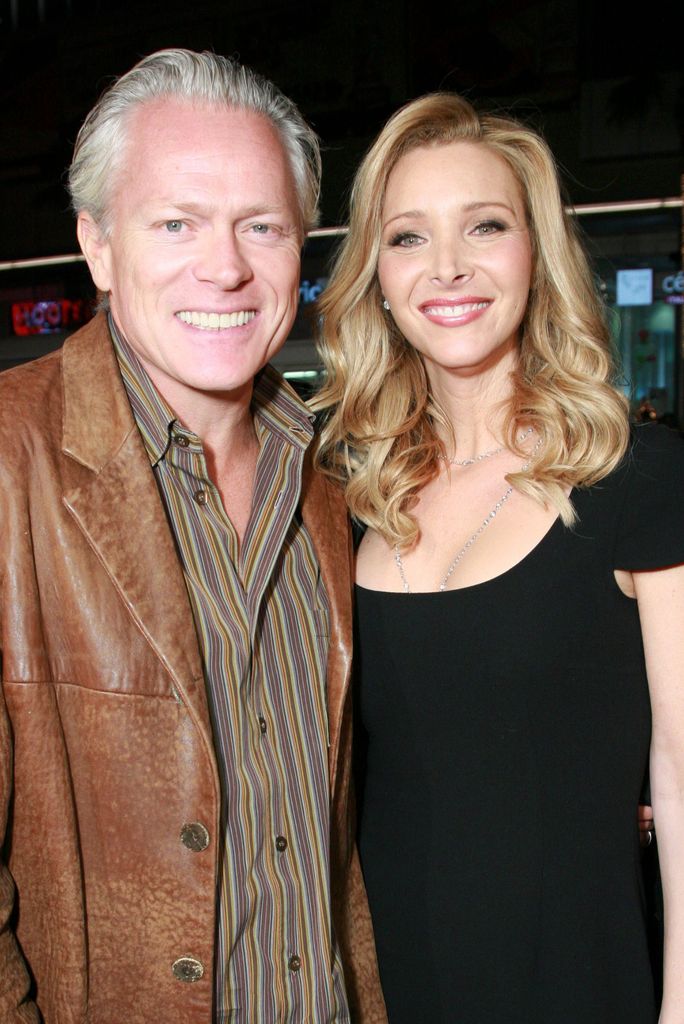Can a political figure truly set aside personal feelings for the greater good of the nation? Hillary Clinton, in her address to supporters post-election, urged Americans to give Donald Trump an open mind and a chance to lead. This bold statement resonated across party lines, challenging citizens to rise above division. It marked not just a moment of political transition but also one of profound national reflection.
On November 9, 2016, Hillary Clinton delivered remarks that would define her legacy as much as they shaped the immediate future of American politics. Addressing supporters who had hoped for her historic presidency, she emphasized unity over partisanship. We owe President-elect Trump an open mind and a chance to lead, she declared. Her words carried weight given their source—a woman whose campaign was built on breaking barriers yet ended in defeat. Yet, it wasn't merely about conceding gracefully; it was about demonstrating leadership even in loss.
| Name | Hillary Diane Rodham Clinton |
|---|---|
| Birth Date | October 26, 1947 |
| Place of Birth | Chicago, Illinois, U.S. |
| Spouse | William Jefferson Clinton |
| Children | Chelsea Victoria Clinton |
| Education | Wellesley College (BA), Yale Law School (JD) |
| Political Career | First Lady of Arkansas (1979–1981, 1983–1992); First Lady of the United States (1993–2001); U.S. Senator from New York (2001–2009); Secretary of State (2009–2013) |
| Affiliations | Democratic Party |
Her concession speech came after a grueling campaign where both candidates faced intense scrutiny. For Clinton, the journey involved navigating questions about her emails, health, and policy decisions. Despite these challenges, she maintained composure throughout, reinforcing her image as a seasoned politician capable of handling adversity. However, her appeal for bipartisanship did not come without criticism. Some questioned whether extending an olive branch too soon might undermine democratic principles or embolden divisive rhetoric.
Bill Clinton's role during the election cycle added another layer to this narrative. Known for his charisma and strategic acumen, he played a significant yet restrained part in supporting his wife's bid. His decision to take a backseat role reflected careful consideration of public perception and media coverage. While some speculated that his influence could overshadow hers, others recognized the necessity of balancing familial involvement with individual candidacy.
Maggie Tamposi Goodlander, another prominent figure amidst political discourse, brought attention to issues beyond electoral politics. As the spouse of Jake Sullivan, National Security Advisor under President Biden, she ran for Congress in New Hampshire while grappling with deeply personal tragedies. Her story underscored how public figures often carry private burdens while fulfilling civic duties. Such narratives highlight the intersectionality between personal lives and professional responsibilities within high-profile roles.
The discussion around naming conventions further illustrates societal shifts influenced by prominent individuals like Hillary Clinton. In February 1982, she expressed preference for retaining her maiden name professionally—Hillary Rodham. Over three decades later, The Associated Press updated its style guide accordingly. This evolution symbolizes broader cultural conversations regarding identity, autonomy, and tradition among women leaders. Critics argue such changes align conveniently with partisan agendas, but experts contend they reflect evolving norms aligned with contemporary values.
In addressing her supporters following electoral defeat, Clinton acknowledged pain but encouraged optimism. This is painful, she admitted, but we must accept this result. Her acknowledgment of disappointment validated emotions felt nationwide while simultaneously promoting constructive engagement moving forward. By urging followers to engage constructively rather than retreat into despair, she exemplified resilience characteristic of effective leadership.
Kenneth Lerer, co-founder of The Huffington Post, embodies entrepreneurial spirit intertwined with journalism innovation. Though unrelated directly to Clinton's circumstances, his contributions highlight importance of adaptability and vision in modern media landscapes. Similarly, Lisa Lerer’s work reporting on various aspects of Clinton's life provides valuable insights into complexities surrounding influential personalities operating within dynamic environments.
Ultimately, Clinton's call for openness towards Trump represented more than mere politeness—it embodied hope for reconciliation amidst polarization. Whether viewed through lens of pragmatism or idealism, her message challenged all Americans to embrace shared destiny despite differing ideologies. As history continues unfolding, lessons drawn from moments like these will undoubtedly inform future generations striving toward unity amid diversity.



